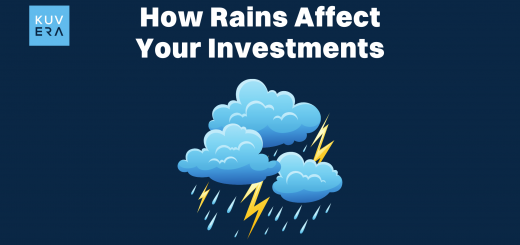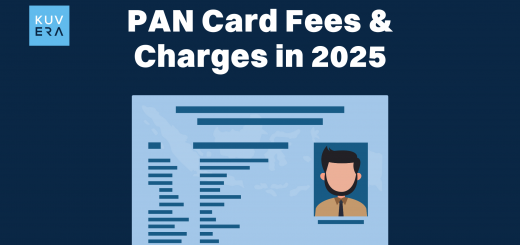If you are new to finance and getting started on your investment journey, then one of the most common terms you will hear in the finance world is compounding.
Financial experts and professionals will always advise you to start your investment early to access the benefit of compounding but what is this compounding? Why does everyone talk about it?
Can it really increase your wealth exponentially and make you rich? Well, let’s find out,
What is compounding?
It essentially refers to the interest you garner on your accumulated interest.
When you invest a certain amount of money, then the original amount that you are investing is called the principal amount and then you will earn interest on this principal amount.
However, due to compounding, as the time grows your interest amount will also start earning interest. This means both your principal and the interest that you get added to the principal amount will earn interest.
Can this increase your wealth exponentially?
Yes, it can. The power of compounding performs exponentially in increasing your wealth. It adds the profit earned back to the principal and reinvests the entire amount to speed up the profit-earning process.
This means you are reinvesting your interest amount. For example, if you invest Rs 1000 with 8% interest every year, then your principal amount is Rs 1000 and the interest, at the end of the year, is Rs 80 (8% of Rs 1000).
However, instead of spending it, if you choose to reinvest it, then your principal amount for the next year becomes Rs 1080 (Rs 1000 + Rs 80) and the earnings you get are Rs 86.4 (8% of Rs 1080), which are Rs 6.4 more compared to the first year.
Even though this looks like a small amount, it can make a huge difference to your investments, if you let the magic of compounding work over the long term.
How often is interest compounded?
The frequency of compounding may differ between banks. They usually calculate based on their desires. However, only a few compounding methods are used in practice:
Annual Compounding: Once a year, interest is calculated.
Half-yearly Compounding: Every six months, interest is calculated.
Quarterly Compounding: Every three months, interest is calculated.
Daily Compounding: Every day, interest is calculated.
Is it better to compound on a daily or monthly basis?
Although the difference will be minor, daily compounding is preferable. The interest amount will be slightly higher in here than in the other options. The principle is that the shorter the compounding interval, the higher the interest.
How does the Power of Compounding impact Mutual Funds?
Mutual funds have recently grown in popularity as an investment scheme due to their numerous benefits. One of the advantages is the power of compounding, which is inherent in how mutual funds work and generates exponential returns over time.
The idea behind a Systematic Investment Plan (SIP) is to capitalize on the compound interest investment of a small sum of money at predetermined intervals.
Over time, the amount invested grows at an exponential rate.
For example, suppose you start a monthly SIP of $5,000 to build your retirement corpus and invest for 30 years at a 15% expected rate of return. As you reinvest your profits, your money will grow exponentially. The SIP compound interest calculator is used to calculate the final investment value.
If you haven’t already started your investing journey, click on the link to ‘Kuvera – Your Safe Space to Invest’: https://bit.ly/3JTbcJq
Read more: Zen And The Art Of Investing
Watch/hear on YouTube: The power of compounding for a layman











